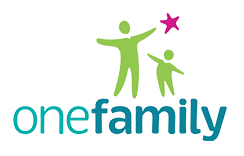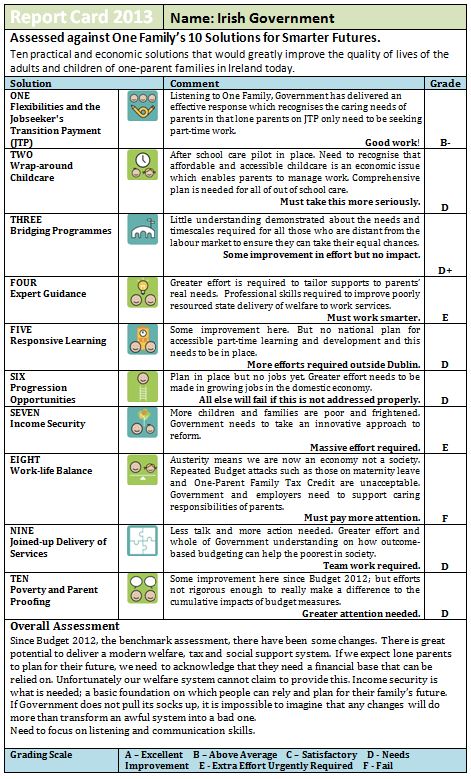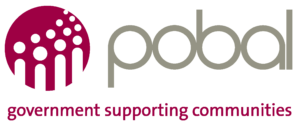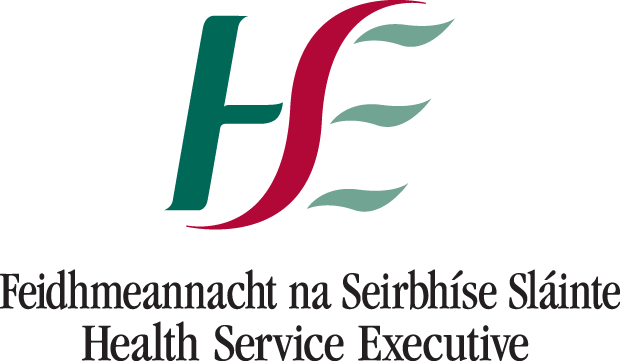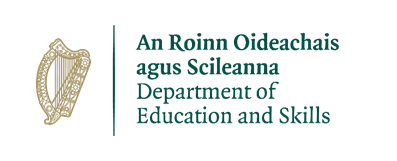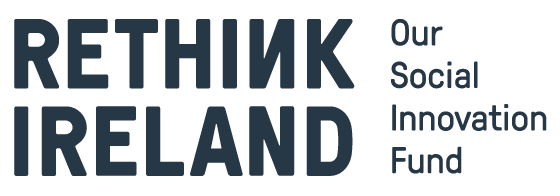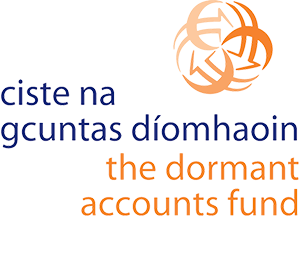Join our Budget 2015 Panel
Let your voice be heard! One Family is seeking willing participants to engage with our Budget 2015 Panel. The Budget Panel will consist of ten lone parents and/or parents sharing parenting who will collaborate with One Family throughout 2014.
Panel members will be encouraged to contribute their own lived experience and personal circumstances in order to enhance and parent proof One Family’s 2015 budget submission. We welcome expressions of interest from parents in a variety of circumstance, such as those in education or employment, in receipt of government supports, never married, separated, divorced etc. Ideally, they will be willing to engage with media and training will be provided. The panelists will work with us to produce a budget submission which reflects the lived reality for lone parents in Ireland.
Persons interested in taking part should:
- Wish to articulate their opinions and be comfortable discussing core budget issues (housing, childcare etc.)
- Currently live in Ireland – we hope to hear from people from both urban and rural areas
- Be able to commit to a minimum of three hours per month (a mixture of phone and online engagement with occasional meetings) on a volunteer basis
Existing One Family Members are encouraged to participate though it is not not essential for a panelist to be a Member.
If you are interested in being a One Family Budget 2015 Panelist, please click here to email Valerie Maher for further information by midday on Friday 24th January 2014.
UPDATE: 31st January 2014 – The Budget Panel is now filled and we look forward to collaborating with its members throughout the year.
